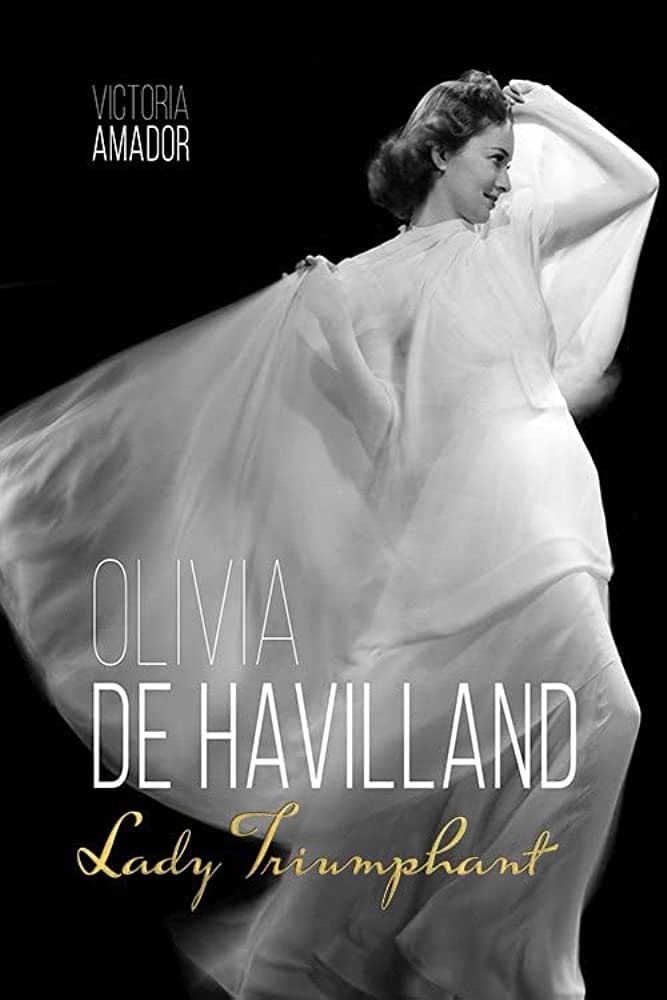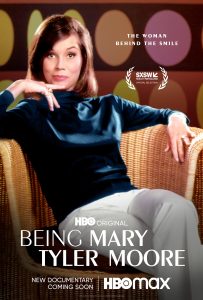This was originally published in the former The Classic Film Collective Patreon.

Olivia de Havilland: Lady Triumphant
Olivia de Havilland lived 104 glorious years and was the last of the great movie stars from the golden age of Hollywood to shuffle off their mortal coil. There’s something quite romantic about De Havilland’s life story. She lived gracefully, embracing age and change while remaining true to herself.
De Havilland starred in one of the most celebrated and most controversial films of all time, Gone With the Wind, fought Warner Bros. for her freedom, earned 5 Academy Award nominations including 2 wins, evolved as an actress, raised two children and lived out the majority of her final decades in her adopted country of France. De Havilland had a penchant for champagne, flowers, and pups and would often be seen in a flowy caftan and with her hair in an elegant chignon. She had her share of adversity. She was the child of divorce, divorced twice herself, saw her son battle Hodgkin’s Lymphoma and had a long feud with her actress sister Joan Fontaine. De Havilland had maintained an air of mystery throughout most of her life. She was fiercely private and independent. She made decisions that best suited her even if it meant her legacy would not equal her acting peers. She was her own person through and through. With all of her achievements and the strife that came with living, Olivia de Havilland proved to be a “lady triumphant.”
This is the nickname author Victoria Amador gives to Olivia de Havilland in her biography on the late great star. Olivia de Havilland: Lady Triumphant is now available in paperback from the University Press of Kentucky, updated to acknowledge de Havilland’s death in 2020. It’s a critical look specifically at de Havilland’s acting career but also goes into depth about her early years in Japan, life with her parents Walter and Lilian, her step-father, her fraught relationship with her sister Joan, her many romances, her living legacy as a star and her transition to a quiet life in France. The book begins with what I think is one of the best introductions I’ve ever read. Victoria Amador recounts her 40+ year correspondence with the star which began when the author was a young and curious fan in the late 1960s and eventually led to their meeting several times in Paris. It’s a thrilling story and the highlight of the book.
Amador references de Havilland’s letters, which she kept over the decades, throughout the book as source material. There are also references to many sources including other biographical texts, DVD commentaries, information from de Havilland’s bestie TCM’s Robert Osborne and de Havilland’s own memoir Every Frenchman Has One. In the last four decades of de Havilland’s life, she had been chipping away at her own autobiography. Her memoir only captures a bit of her story and this would be more encompassing. It wasn’t published in her lifetime but maybe someone will be able to cobble together a book worthy of the star in the future. In the meantime, this biography is as close as we’ll get for now.
The biography follows de Havilland’s journey as an actress from her debut in A Midsummer Night’s Dream, to her contract with Warner Bros., her triumph as Melanie in Gone With the Wind, being subsequently miscast in many films at her studio, breaking free and venturing out as an independent player. The author discusses each film at length demonstrating how she fared in her performance and what significance the film had both personally and professionally. I do recommend going into this book having seen the majority of de Havilland’s films. There are spoilers galore and I found myself skipping a few sections so I can watch those films later. Some films discussed at length include her eight films with Errol Flynn, Gone with the Wind, Hold Back the Dawn, In This Our Life, Government Girl, The Dark Mirror, The Snake Pit, Light in the Piazza, Hush… Hush, Sweet Charlotte and more.
As far as personal matters go, the book does clarify details about her romantic relationship with frequent co-star Errol Flynn and with other beaus including John Huston, Howard Hughes, Jimmy Stewart and more. The author does go into depth about her sibling rivalry with Joan Fontaine, which was more like sibling ambivalence. A whole chapter is devoted to that subject. I was particularly interested to learn more about de Havilland’s later years. I was thrilled to learn that Oscar, her pug puppy, gave her so much joy that he may have extended her life. She was a great lover of books and at the end she was having classic film biographies read to her.
This is a wonderful book. If you don’t mind spoilers, a bit of repetition and some inherent bias, it truly is a gem of a biography.
Here are some of my favorite quotes from the book. Enjoy!
“Olivia’s contract with Warner was the pathway to everything she desired–an intelligent career, an opportunity to learn, exposure to the wider artistic community, financial security, and self-determination.” — Victoria Amador
“For her part, Olivia was through having her career controlled by men. In fact, “on discovering that studio policy required that a script designated for production be first sent to makeup where the department head estimated the number of makeup people required for the project . . . [Olivia] would casually enter the department and sneak out a script or two at a time. She would read them overnight and surreptitiously return them the next morning.” — Victoria Amador
“It was the character of Melanie that attracted me most, because of her admirable qualities and the values that meant so much to her and meant so much to me. I wanted to perpetuate these values. And the perfect way to do that of course would be to play the part of Melanie.” — Olivia de Havilland
“I was not really interested in playing either in French films or in the French theatre, because doing so would have changed the strictly personal life I had made here, one for which I had a profound need.”— Olivia de Havilland
“‘Motion picture acting is a marvelous way for women to have careers. Without understanding what they were doing, they stood as a kind of symbol of women’s liberation, I suppose. They were totally self-reliant, self-sustaining women.” — Olivia de Havilland



